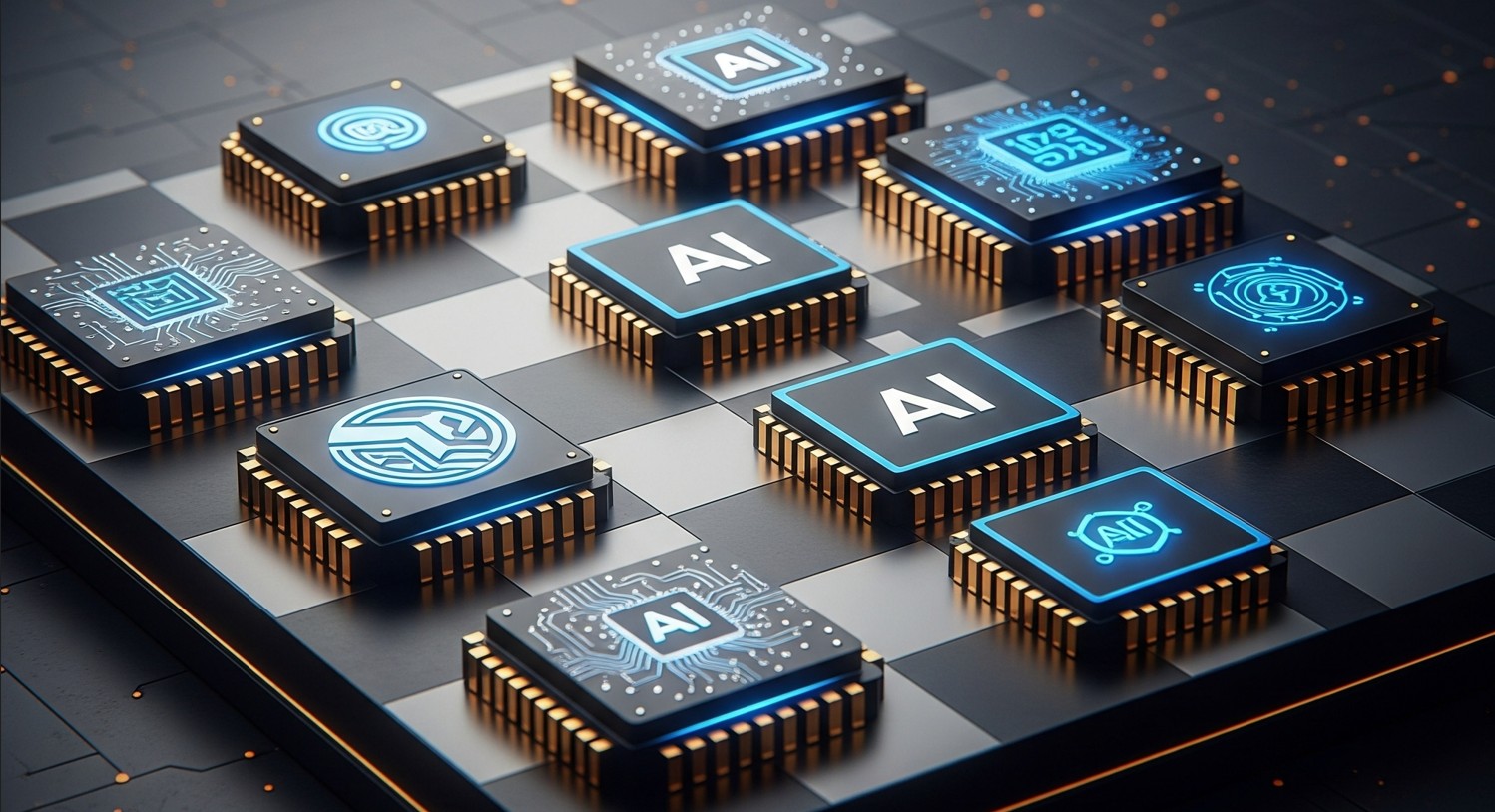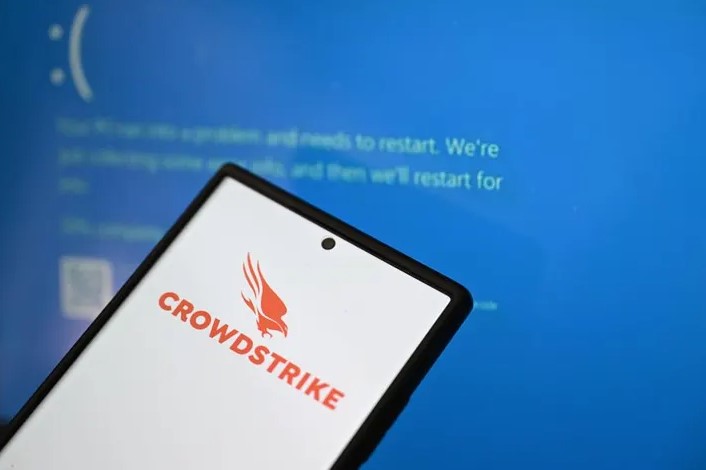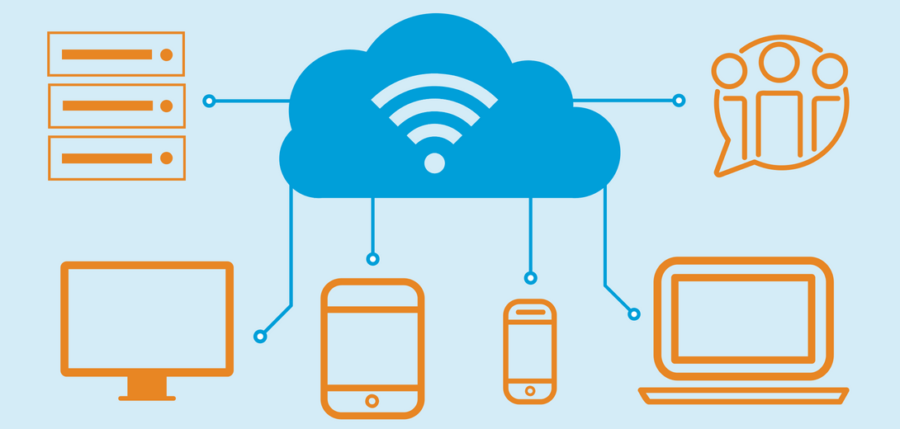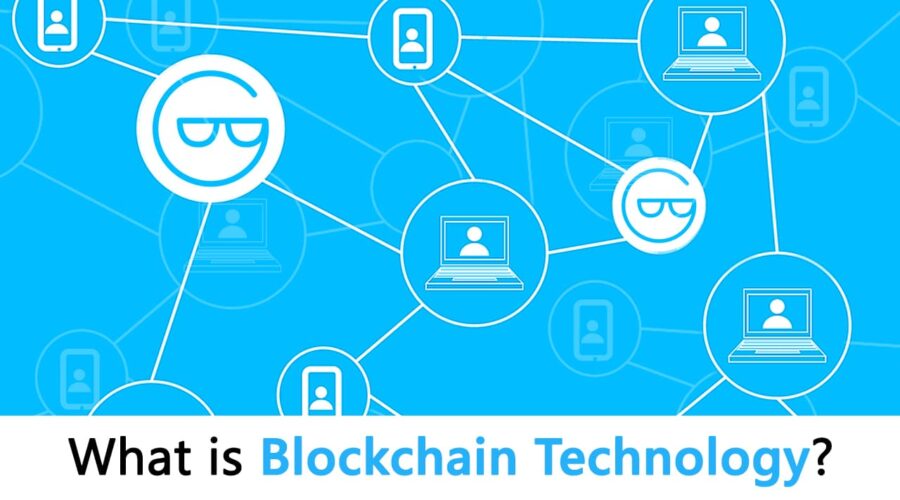In today’s fast-moving AI landscape, preserving the authenticity of digital content has become increasingly challenging. As AI-generated writing becomes more prevalent in areas like marketing, education, and professional communication, new tools called AI checkers have emerged to verify authorship and ensure ethical content creation.
AI checkers are specialized tools that determine whether a piece of text was written by a human or generated by artificial intelligence. Unlike traditional plagiarism detectors, they analyze writing style, predictability, and structural patterns to detect AI involvement. Often powered by AI themselves, these tools are not only used to identify automated content but also to help creators ethically revise and attribute such material.
In education, AI checkers help teachers verify student work and guide discussions around the responsible use of AI. In marketing and SEO, they assist content creators in ensuring that AI-generated material meets originality standards and complies with search engine guidelines. In corporate and legal settings, they safeguard documentation by flagging AI-generated clauses that could carry risks.
While AI checkers enhance content quality, transparency, and accountability, they are not flawless—false positives and the rapid evolution of AI technologies remain key challenges. The future, however, lies in human-AI collaboration. Advanced AI checkers are beginning to offer real-time feedback and content improvement suggestions, promoting responsible and effective AI integration in writing.
In essence, AI checkers are not about banning AI-generated content, but about using it responsibly—ushering in a new standard of ethical content creation in the digital age





